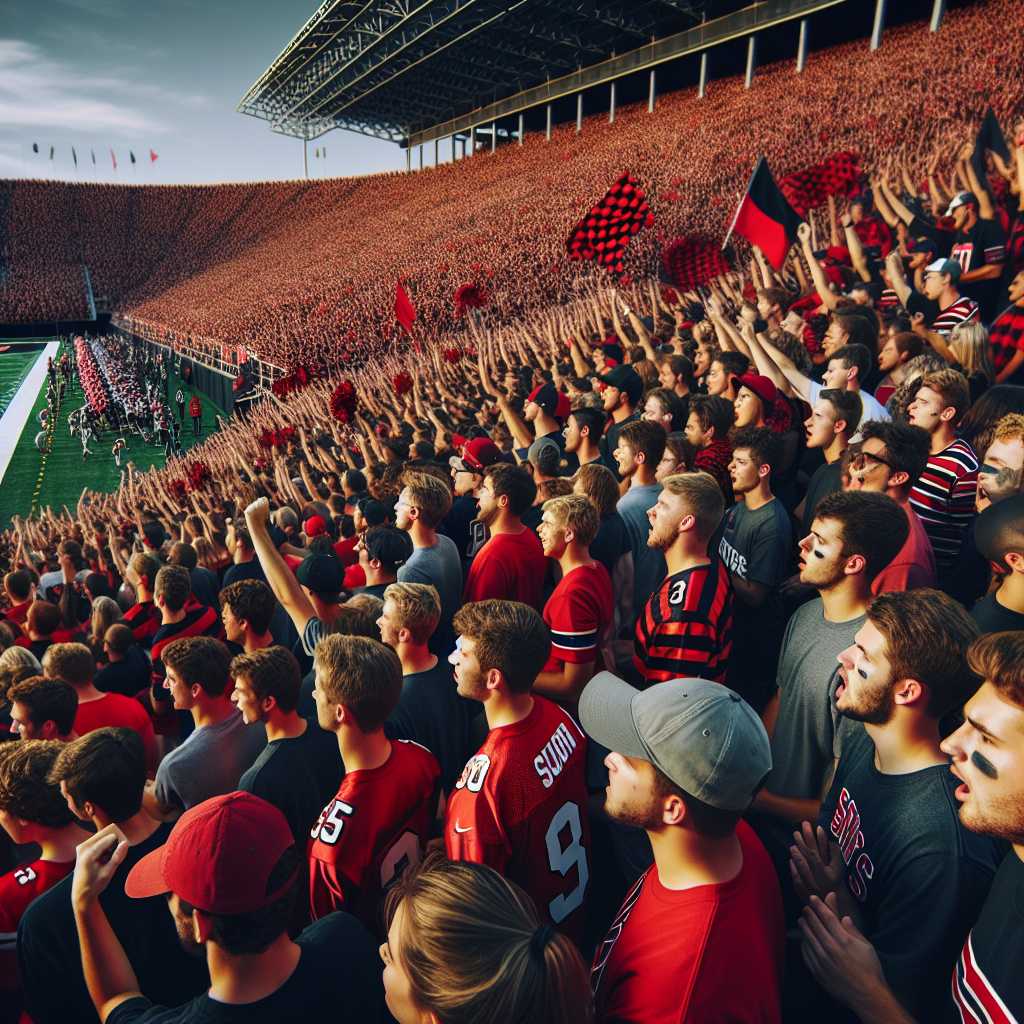The Evolution and Current State of Louisville Football
Within the ranks of college football, the Louisville Cardinals stand out as a program with a rich history of competition and achievements. Emerging from humble beginnings, the Louisville football team has established itself as a significant presence within the national college sports scene. For those interested in both the historical journey and contemporary status of Louisville football, this article aims to provide a comprehensive overview.
A Brief History of Louisville Cardinals Football
The University of Louisville, situated in Louisville, Kentucky, saw the inception of its football program in the year 1912. This marked the beginning of a legacy that would eventually garner significant attention in collegiate sports. While the early years were characterized by a modest record and regional play, sustained development has led to notable periods of success over time.
One key phase in the program’s timeline occurred under the leadership of coach Howard Schnellenberger in the 1980s. This era saw Louisville move from relative anonymity to becoming nationally known, capped by a victory in the 1991 Fiesta Bowl. Throughout subsequent decades, Louisville football continued to build on this foundation, enjoying winning seasons and high-caliber coaching tenures.
The Cardinals have spent time in various athletic conferences throughout their history, including the more recent shifts from Conference USA to the Big East and then to their current designation in the Atlantic Coast Conference (ACC) since 2014. These transitions reflect the program’s rise in prominence and on-field competitiveness.
Louisville’s Impact on College Football
Louisville has been known for producing exceptional talent, contributing significantly to both collegiate and professional ranks. The program has been successful in developing players who go on to acclaim in the NFL. One notable alumnus is Lamar Jackson, who won the Heisman Trophy as college football’s best player in 2016 while at Louisville.
The football team plays its home games at Cardinal Stadium, which harmonizes modern amenities with prolific crowd capacities, facilitating an intense game-day atmosphere that fans relish. The strong support within the Louisville community is reflected in the Cardinals’ loyal fan base, which turns out vehemently for each home game.
Recruiting and Player Development
One of the cornerstone traits of successful college football programs is an astute acumen for recruiting top high school talent. Louisville has demonstrated such expertise repeatedly, attracting young prospects who have evolved under their coaching staff’s guidance. The development paths for student-athletes at Louisville combine rigorous academics with training conducive to athletic excellence.
Moreover, given its standing within ACC competition, Louisville is positioned attractively for recruits eager to play against high-quality opposition. Access to cutting-edge facilities lends itself to a holistic environment where players can hone their skills to prepare for potential careers at professional levels.
The Future Outlook for Louisville Football
The future of Louisville football continues to hinge on several critical factors that include strong recruitment, coaching stability, progress within championships of both conference-level and nationwide contention, and dynamic offensive systems appealing for athletes and fans alike. Strategically integrating new technologies with traditional training regimens remains essential as athletics increasingly accentuate data analytics and performance metrics.
Contribution to Athletics and Society
Beyond on-field achievement, Louisville takes pride in its role as a beacon within society through its connection with community initiatives. Players frequently engage with local projects, thereby extending the university’s influence beyond athletic renown. Such engagement represents the broader impact of college sports as platforms for leadership development among young adults.
As part of a major public academic institution, the success of the Cardinals’ football program reflects back on numerous other facets of university life. High-profile sports generate revenue for general academic funds and create a lively campus dynamic that draws students and faculty alike into a shared collegiate experience prosperous in spirit.

